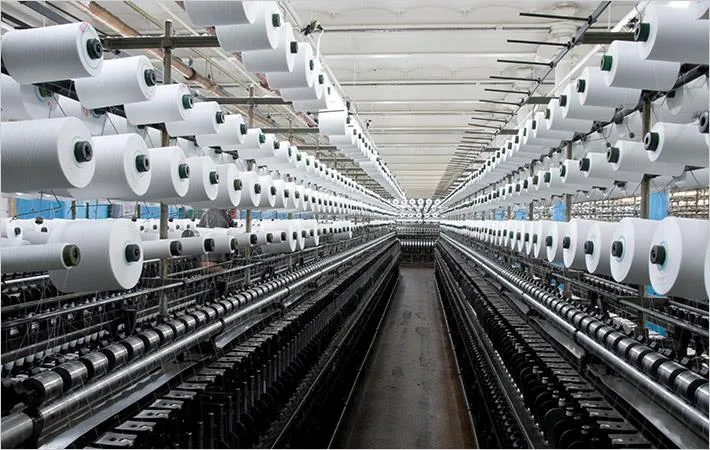The Commercial Sector in Honduras
1. Overview
- The commercial sector in Honduras covers wholesale and retail trade, import-export businesses, financial services, tourism, and transport logistics.
- It contributes around 15–20% of GDP, depending on the year.
- Centered in Tegucigalpa (capital) and San Pedro Sula (industrial hub).
2. Key Areas of the Commercial Sector
Retail and Wholesale Trade
- Dominated by supermarket chains, shopping malls, and informal markets.
- Major retail chains: La Colonia, Walmart de México y Centroamérica, PriceSmart, Diunsa.
- Informal commerce (street vendors, small shops) is very important, especially in urban areas.
Import and Export
- Exports: coffee, bananas, shrimp, palm oil, sugar, melons, textiles (maquila).
- Imports: fuel, machinery, vehicles, electronics, pharmaceuticals, processed foods.
- Trade is strongly tied to the U.S., Central America, and China.
Financial and Banking
- Main banks: Banco Atlántida, Ficohsa, BAC Credomatic, Banco de Occidente.
- Banking sector is crucial for trade financing, remittances, and investments.
Tourism and Hospitality
- Tourism is part of the service/commercial sector.
- Hotspots: Roatán, Utila, La Ceiba, Copán Ruinas.
- Contributes to commerce through hotels, restaurants, and travel services.
Transport and Logistics
- Ports: Puerto Cortés (largest in Central America), Puerto Castilla, San Lorenzo.
- Airports: Toncontín (Tegucigalpa), Ramón Villeda Morales (San Pedro Sula), Palmerola International Airport.
- Road commerce supports regional trade with Guatemala, El Salvador, Nicaragua.
3. Employment in the Commercial Sector
- Provides hundreds of thousands of jobs, especially in retail, markets, and logistics.
- Informal sector is massive: about 70% of workers in commerce operate informally (without social security).
4. Foreign Investment in Commerce
- U.S. and Central American companies dominate supermarkets, fast food, and malls.
- China’s presence is growing (electronics, textiles, cheap imports).
- Free trade agreements like CAFTA-DR (U.S.-Central America-Dominican Republic FTA) boost commercial integration.
5. Challenges
- High informality – many workers and traders lack legal protections.
- Smuggling and contraband undermine formal businesses.
- Corruption and weak regulation affect fair competition.
- Security issues – extortion of businesses by gangs (known as “impuesto de guerra”).
- Dependence on imports for manufactured goods and fuels.
6. Future Outlook
- Honduras aims to modernize commerce with:
- Digital trade & e-commerce (growing since COVID-19).
- Expansion of logistics infrastructure (new ports, airports, highways).
- Regional integration through SICA & CAFTA-DR.
- Growth of tourism commerce on the Caribbean coast.


